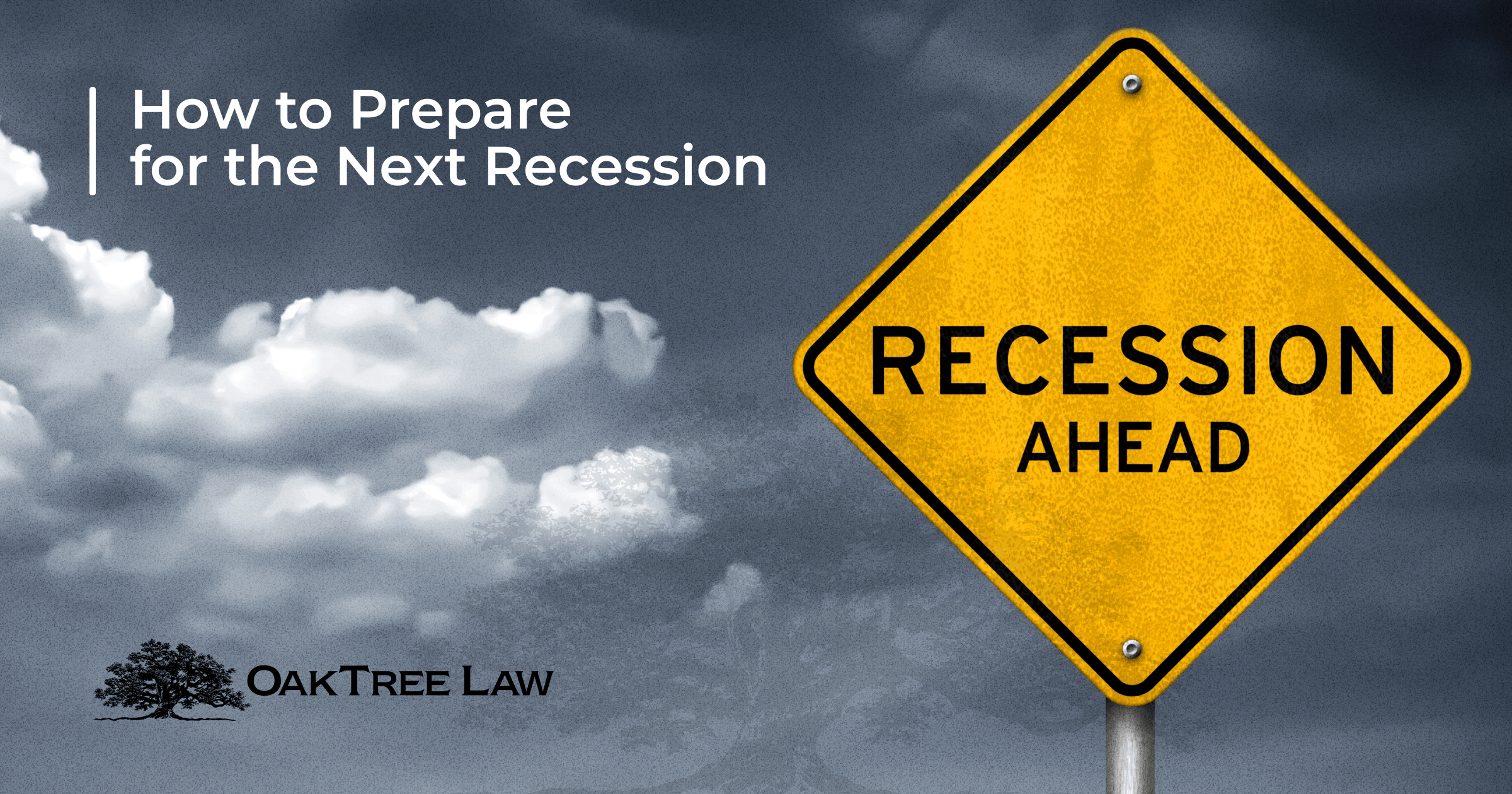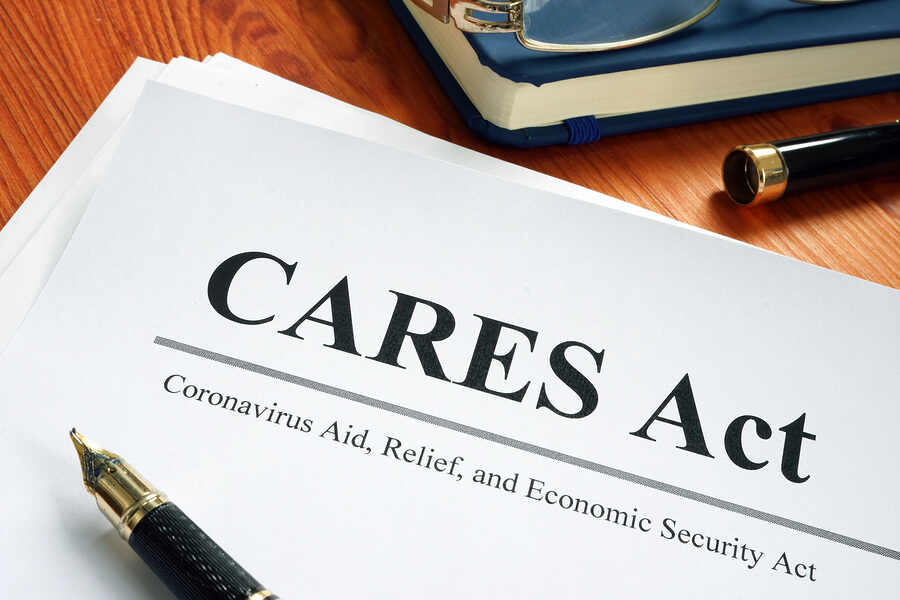Orange County Bankruptcy Attorney
Chapter 7 Timeline
8 Years Before Filing
If you have already discharged debt under Chapter 7, you must wait eight years from the date of discharge before filing Chapter 7 again. If you filed a Chapter 12 or 13, you may be able to file for Chapter 7 sooner.
180 Days Before Filing
You must receive counseling from a certified credit counseling agency in order to be eligible to file for bankruptcy. This can be done on the phone, online, or in person. The pre-filing counseling course certificate is good for 6 months prior to the filing of your bankruptcy.
90 Days Before Filing
If you pay back any of your unsecured creditors at any time within the 90-day period prior to the filing of your bankruptcy case, the payment is an unlawful preference and the court may recover all such payments and distribute them evenly among your unsecured creditors.
“New” debt is presumed to be non-dischargeable. If you obtained new credit of $500 or more for “luxury goods or services” within 90 days of filing, or if you obtain a cash advance of $750 within 70 days of filing, these amounts are assumed to be non-dichargeable.
The Day You File
Your case begins once you file your case with the bankruptcy court. An Automatic Stay will be issued, which informs your creditors that they cannot proceed with collection activities (including lawsuits, wage garnishments, foreclosure proceedings and repossessions) against you while the Stay is in effect.
A bankruptcy trustee will be assigned to your case. This person is a government employee and is tasked with monitoring the case and determining whether you are eligible for bankruptcy by doing a liquidation analysis of your case.
14 Days After Filing
If you filed a “skeletal” emergency petition, you have 14 days after filing to finalize your petition. You must provide the court with detailed information regarding your assets, liabilities, income, etc. to complete your petition and your case filing.
The court will mail the Notice of Commencement of Case to you and to all of the creditors listed in your petition. This notice will tell you the date of your meeting of the creditors and inform your creditors of their deadlines for filing objections.
30 Days After Filing
You must file a statement of intention, which indicates which debts you wish to reaffirm. In some cases, it may not be possible or advisable to reaffirm a debt. The statement of intention is typically filed along with your petition and will be mailed to your creditors by the Court.
45 Days After Filing
Your 341(a) meeting, also known as a creditor’s meeting, is usually held six weeks after filing your petition. This meeting allows creditors their first opportunity to object to the discharge of their specific debts, or your exemptions, and is likely the first time a consumer meets with the Bankruptcy Trustee. It is highly unlikely your creditors will appear at this meeting.
You are required to attend the meeting. If you do not attend, your case will be dismissed. You will be asked to testify under oath as to the accuracy of the statements in your petition. The meeting is very informal, and in most cases will last no more than 10 minutes.
Within 30 days of this meeting, your trustee and creditors must object to your exemptions. Within 60 days of this meeting, your trustee and creditors must file their objections to specific debts being discharged. You must attend another credit counseling class and file the pre-discharge credit counseling certificate within 45 days of your meeting of creditors. If there are no objections, the trustee will issue a no-asset distribution report and the Court will discharge your case.
180 Days After Filing
Government agencies like the IRS have 180 days after your petition is filed to submit a proof of claim to the court.
Chapter 13 Bankruptcy Timeline
4 Years Before Filing
You must wait two years before you are eligible for another Chapter 13 discharge if your prior bankruptcy was a Chapter 13.
180 Days Before Filing
You must receive counseling from a certified credit counseling agency in order to be eligible to file for bankruptcy. This can be done on the phone, online, or in person. The pre-filing counseling course certificate is good for 6 months prior to the filing of your bankruptcy.
You must be a resident in the state in which you are filing for a minimum of 180 days.
The Day You File
Your case is commenced when you file your petition.
An Automatic Stay will be issued, which informs your creditors that they cannot proceed with collection activities against you while the Stay is in effect.
A bankruptcy trustee will be assigned to your case. This person is a government employee and is tasked with monitoring the case and determining whether you are eligible for bankruptcy.
14 Days After Filing
If you filed a “skeletal” petition, you have 14 days after filing to finalize your petition. You must provide the court with detailed information regarding your assets, liabilities, income, etc.
You must also file your repayment plan within 14 days of filing. You must mail this repayment plan along with notice of your meeting of creditors and confirmation hearing to your creditors 28 days prior to your 341(a) meeting of creditors hearing date.
The court will mail the Notice of Commencement of Case to you and to all of the creditors listed in your petition. This notice will tell you the date of your meeting of the creditors, the date of your confirmation hearing, and inform your creditors of their deadlines for filing objections.
30 Days After Filing
You must make your first payment under your repayment plan, or your case can be dismissed. You must make your secured debt payments and plan payments on time every month and provide proof of such to the Court.
You must also file declarations with the Court showing proof of mortgage payment, proof of personal property payments, spousal support obligations (if any), and a declaration of tax filings for the previous four year period. These declarations, along with the last four years of tax returns must be served on the Trustee.
6 Weeks After Filing
You are required to attend the meeting. If you do not attend, your case will be dismissed. You will be asked to testify under oath as to the accuracy of the statements in your petition. The meeting is very informal, and in most cases will last no more than 10 minutes. The bankruptcy court will hold a confirmation hearing where the trustee gives his or her opinion as to whether the repayment plan should be confirmed (this hearing date varies by division).
30 days after the creditor meeting, the trustee and creditors must file any objections to your exemptions.
45 days after the creditor meeting you must attend another credit counseling class and file the pre-discharge credit counseling certificate with the Court. If there are no objections, the trustee will issue a no-asset distribution report and the Court will discharge your case.
90 days after the creditor meeting, your creditors must file a proof of claim if they wish to receive payments from the repayment plan. Government agencies like the IRS have 180 days to file their proofs of claim.
3-5 Years After Filing
Once your final payment is made, you will receive a discharge from the Court.







